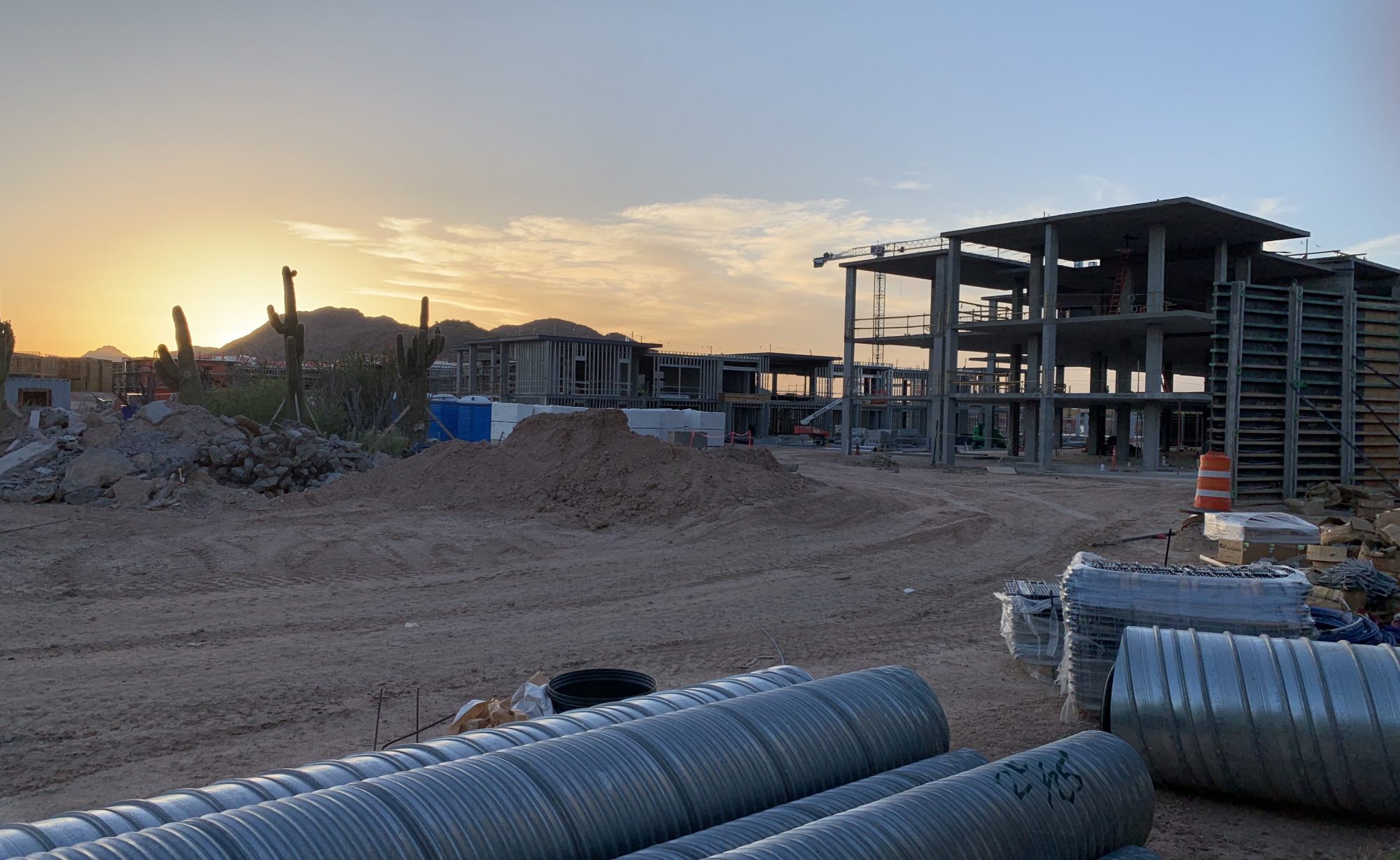
Just over a year ago, I authored a post on the Arizona Court of Appeals decision in Hatch Development, LLC, et al. v. Sol’s Construction Co., Inc., 240 Ariz. 171 (App. 2016), which addressed the concept of common law indemnification. Just recently, however, the decision in Hatch Development was abrogated by the Arizona Supreme Court’s opinion in KnightBrook Ins. Co., v. Payless Car Rental System, Inc., 243 Ariz. 422 (2018).
The Abrogated Hatch Development Decision
In Hatch Development, homeowners sought indemnification from their contractor for damages suffered by a neighbor due to a defectively installed sewer system. The court ultimately ruled in the homeowners’ favor, holding that a common law “duty to indemnify may arise in at least two alternative circumstances: First, when the party seeking indemnity has ‘extinguished an obligation owed by the party from whom it seeks indemnification,’ or second, when the indemnity defendant is ‘at fault.’” The court noted that the first circumstance was grounded in Restatement (First) of Restitution § 76. Conversely, the second circumstance, on which the Court’s decision turned, was predicated on Restatement (First) of Restitution § 78(b)(ii), which provides, in pertinent part, that a party is entitled to indemnification where: (1) he or she makes a payment on an obligation; (2) the obligation arises because of the fault of the indemnity defendant; and (3) the payment is made with the justifiable belief that the obligation was owed.


 The American Institute of Architect’s (“AIA”) Contract Documents are among the most widely used form agreements in construction. For purposes of keeping up with critical court decisions and industry trends, the AIA reviews and amends its core documents every ten years. 2017 marked a decade since the last updates, and like clockwork the AIA has released revised versions of its documents over the course of this year. Several months ago, the AIA released new versions of 14 documents, including its flagship agreements for the design-bid-build delivery model. And just recently, the AIA has released 20 additional new documents relating primarily to the scope of architects’ services.
The American Institute of Architect’s (“AIA”) Contract Documents are among the most widely used form agreements in construction. For purposes of keeping up with critical court decisions and industry trends, the AIA reviews and amends its core documents every ten years. 2017 marked a decade since the last updates, and like clockwork the AIA has released revised versions of its documents over the course of this year. Several months ago, the AIA released new versions of 14 documents, including its flagship agreements for the design-bid-build delivery model. And just recently, the AIA has released 20 additional new documents relating primarily to the scope of architects’ services. It is well-established Arizona law that a warranty of habitability and workmanship is implied into all residential construction contracts. In Sirrah Enterprises, LLC v. Wunderlich, 242 Ariz. 542 (2017), the Arizona Supreme Court recently decided “whether the successful party on a claim for breach of the warranty qualifies for an attorney-fee award under either a contractual fee provision or A.R.S. § 12-341.01.” The Court held that the warranty is an imputed term of the construction contract, such that the prevailing party on a claim for breach of that term qualifies for an attorneys’ fee award under a controlling contractual fee provision or § 12-341.01.
It is well-established Arizona law that a warranty of habitability and workmanship is implied into all residential construction contracts. In Sirrah Enterprises, LLC v. Wunderlich, 242 Ariz. 542 (2017), the Arizona Supreme Court recently decided “whether the successful party on a claim for breach of the warranty qualifies for an attorney-fee award under either a contractual fee provision or A.R.S. § 12-341.01.” The Court held that the warranty is an imputed term of the construction contract, such that the prevailing party on a claim for breach of that term qualifies for an attorneys’ fee award under a controlling contractual fee provision or § 12-341.01. I have previously addressed the required
I have previously addressed the required